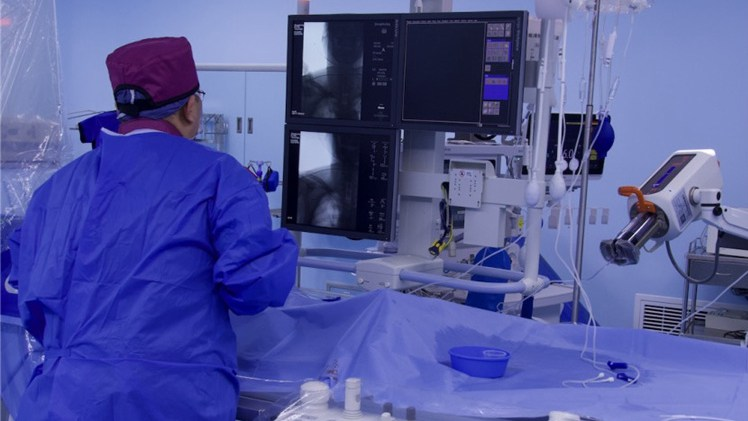Hey tech enthusiasts and health buffs! A pioneering team from Nankai University in the Chinese mainland has reached a stunning milestone with the world’s first interventional brain-computer interface (BCI) experiment on a human patient. This less-invasive procedure helped a 67-year-old man, who suffered left-side paralysis from a cerebral infarction, regain key limb functions like grasping and even taking his medicine. 🚀
Unlike traditional invasive surgeries that require opening up the skull, doctors implanted a tiny stent electrode through neck blood vessels using high-precision imaging. A wireless transmission unit installed under the skin collects brain signals accurately, cutting surgical risks and significantly reducing recovery time. 💡
This breakthrough not only offers renewed hope for patients with motor dysfunctions but also paves the way for larger-scale adoption of innovative rehabilitation methods. With plans to recruit more participants and further explore non-invasive techniques, the future of health tech looks brighter than ever!
Reference(s):
China completes world's first interventional BCI experiment on a human
cgtn.com




